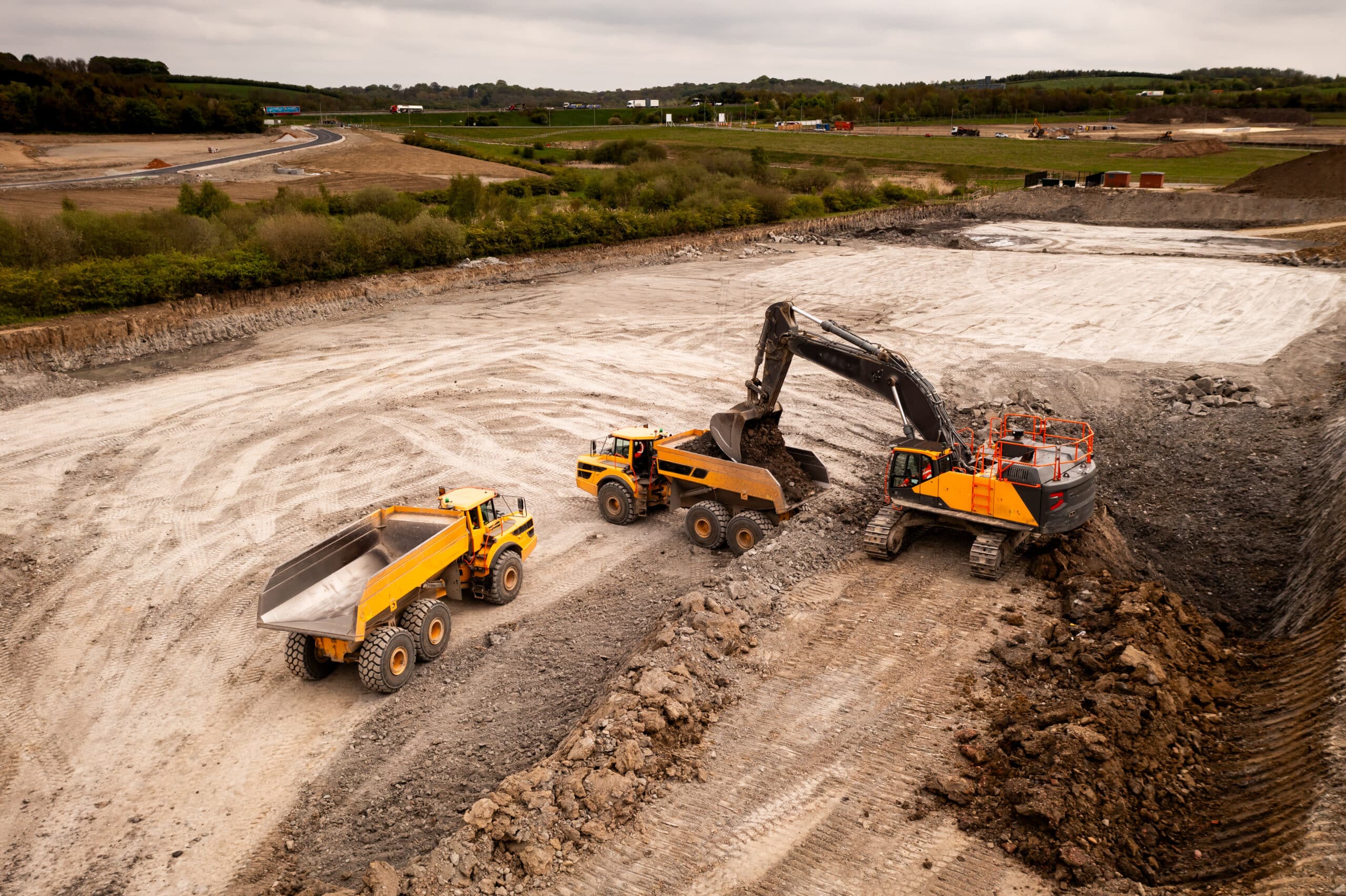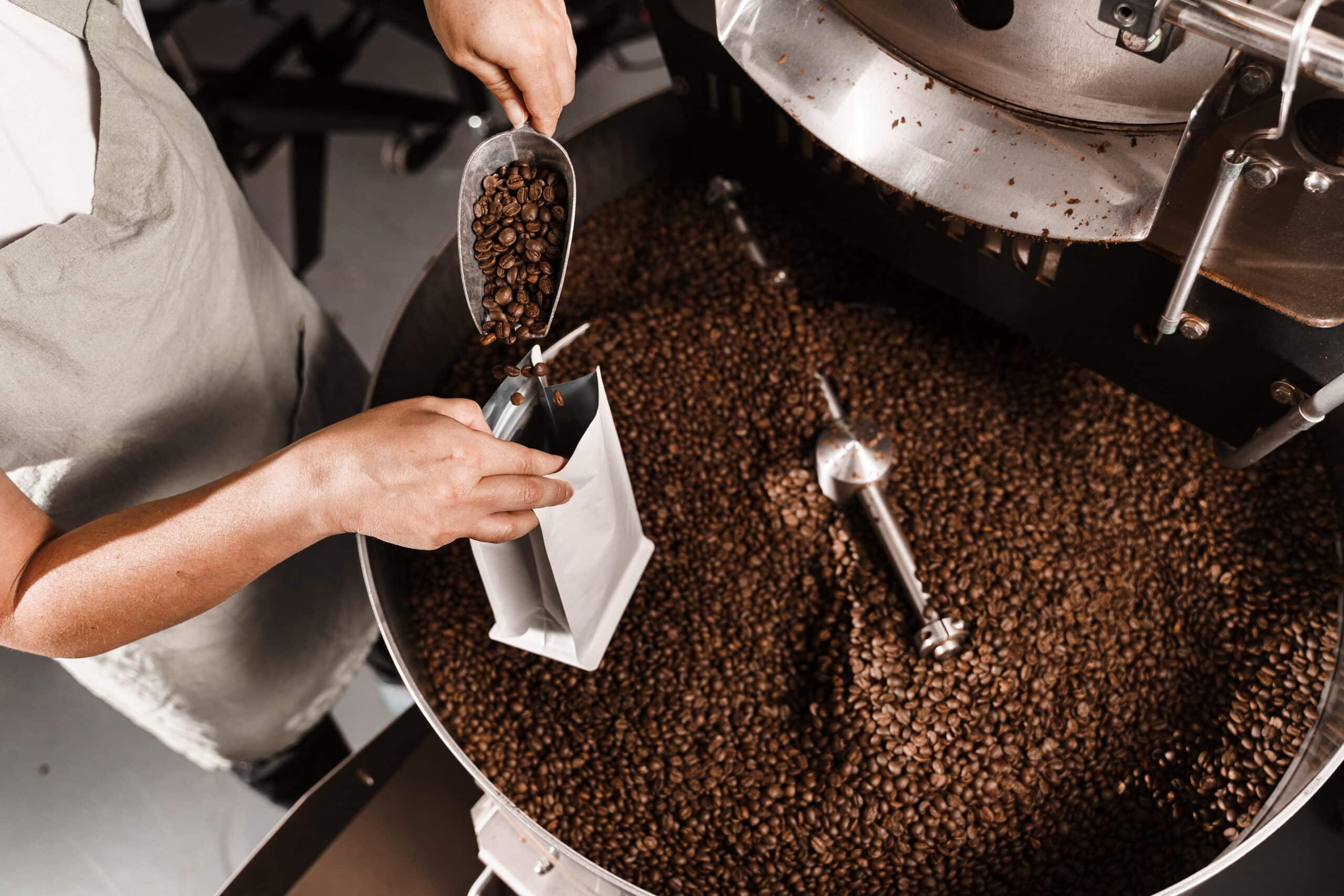The fight to mitigate against harmful deforestation had one of its biggest-ever endorsements last November during the COP26 event when global leaders agreed to end or reduce deforestation. Over 141 countries committed to “working collectively to halt and reverse forest loss and land degradation by 2030” while “delivering sustainable development and promoting an inclusive rural transformation.” It does not only refer to “illegal” deforestation as many other pledges do, it covers all deforestation, not just logging or land clearance in violation of local laws but all logging and loss of forest through land-use changes.
The role of commercial agriculture in deforestation
Commercial agriculture drives over 70% of forest destruction in tropical and subtropical countries. Commodities most strongly linked to deforestation include palm oil, soy, timber, pulp, and cattle. This is often due to illegal logging and changes in land use.
A growing number of retailers, manufacturers, processors and traders in the food, fuel, and fibre sectors are making public commitments to establish deforestation-free supply chains. The rise of net-zero emissions commitments may provide the strongest impetus yet to eliminate deforestation from commodity production, sourcing, and financing. Such commitments doubled in 2020 alone and have now collectively been issued by companies with combined revenue of more than half the US’s annual GDP.
To tackle agricultural emissions, UK supermarket Tesco has recognized the need to follow its supply chain upstream – to origins in Brazil, Indonesia, and elsewhere – and institute a strong no-deforestation and no-conversion strategy. For instance, the difference between conversion-free sourcing and conversion-intensive sourcing for Tesco’s 500,000-ton annual soy purchases (primarily for animal feed) could be more than 100,000 tons of CO2-equivalent per year, which is equivalent to roughly 20% of the company’s agriculture supply chain emissions.
Companies also need to be aware of the potential for reputational damage. Recently some of the UK’s best-known brands such as Cadbury’s Chocolate, Anchor Butter, and Cathedral City Cheddar have been linked to the destruction of Brazilian forest through soya – a protein-rich cattle feed supplement.
What can be done to stop deforestation?
According to a 2015 report by SMART Development Works, three key practices are needed to help shift to deforestation-free supply chains.
Traceability and forest monitoring
It is crucial that production is traced back to the farm and that a system is in place which monitors forest cover. Although systems exist that can achieve this, the main challenge is to deliver this at a low cost to make it work in a smallholder context.
Incentives for smallholders
To ensure that smallholders and the poorest groups are included in supply chains, and to support them in making the transition to sustainability.
Working across the landscape
A landscape approach must be adopted to prevent leakage and to balance the objectives for agricultural production with forest protection. To be able to operate beyond plantation boundaries and have an impact at scale, activities should align with government planning and activities wherever possible.
In this article, we consider what this pledge will mean for the agriculture supply chain for forestry and agricultural products.
Establishing deforestation-free supply chains
In response to the global pledge made at COP26 to halt and reverse deforestation by 2030, Farrelly Mitchell is poised to assist stakeholders in the agribusiness sector to adapt to sustainable practices.
With commercial agriculture identified as a major contributor to deforestation, we offer strategies for establishing deforestation-free supply chains, focusing on traceability and transparency, support for smallholders, and the introduction of agroforestry practices into existing operations.
Farrelly Mitchell’s expertise is crucial for businesses aiming to align with net-zero emissions commitments and prevent reputational risks, guiding them through the transition towards sustainability and environmental stewardship in the agricultural and forestry supply chain.














